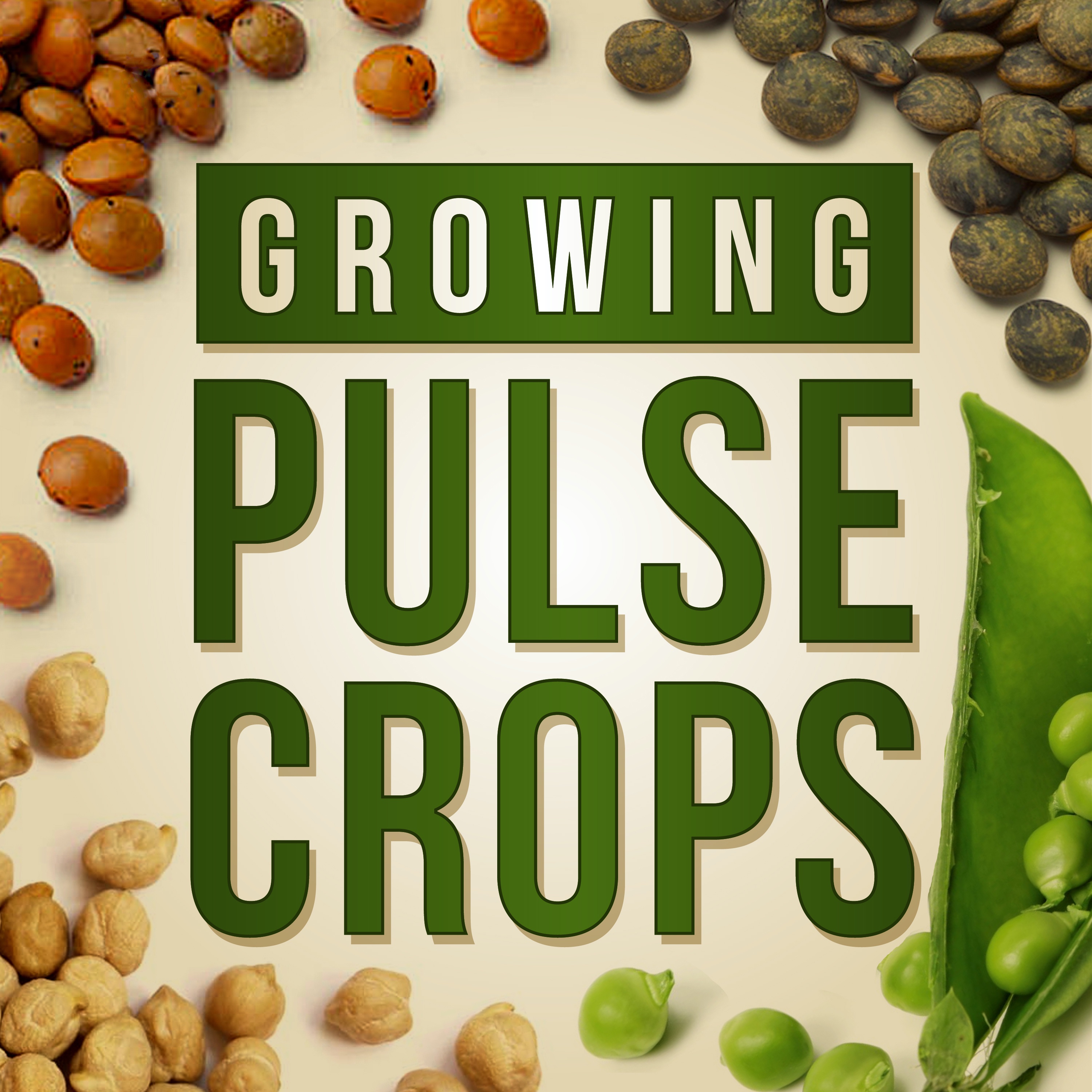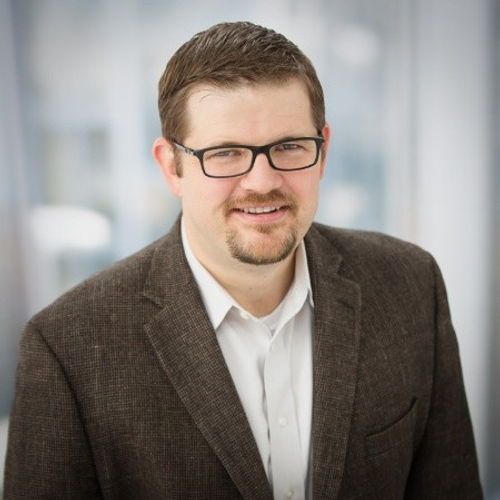Soil Health with Abbey Wick, Ph.D.
At the time of this interview Dr. Abbey Wick was the associate professor and extension soil health specialist at North Dakota State University. She has since gone on to a new role after nearly 12 years at NDSU. She is now the Global Soil Health Education Program Lead at Syngenta. We talk about what is motivating more farmers to want to try new practices on their farms to improve their soil health, some of the barriers to adopting these practices, and the support and resources available for anyone looking to learn more. We also discuss a new approach that food companies are getting involved with to spread the word about soil health through certified crop advisors, which is called the Trusted Advisor Partnership.
“I do think that people need to be aware of how they're going to keep that residue on the surface and probably it's with the crops they are growing in between those pulse crops and rotation. They could build up some of the residue. But yeah, it's exciting. I think there's a ton of potential with pulse crops, and fortunately we can grow them here in the northern plains. So I think we're in a great position here to do some really cool things with soil health and pulse.” - Dr. Abbey Wick
Wick has seen both soil erosion and salinity issues be big motivators for producers to turn to new soil health practices. Using a perennial and keeping residue on the surface has become much more common place for producers in the North Dakota area to combat these issues. She goes on to share that a strong community of support and collaboration has developed around these soil health practices including the Trusted Advisor Partnership.
“There's a community around this that I think growers want to be part of. And to have that support not only from the university or from crop advisors who are interested in this or from conservation districts or NRCS groups. But they want to be part of that community because they want to be creative and they want to be thinking through the problems and solving problems on their farm and now they have people to do that with. And so I think that's been a huge motivator for soil health.” - Dr Abbey Wick
This Week on Growing Pulse Crops:
- Join Dr. Abbey Wick, former associate professor and extension soil health specialist at North Dakota State University and current Global Soil Health Education Program Lead at Syngenta
- Explore the evolution of soil health practices in North Dakota and the role pulse crops can play
- Resources for Soil Health Learning and Practices:
- NDSU Soil Health Website
- NRCS Website
- Soil Conservation Districts
- Midwest Cover Crops Council Website
- North Central Sustainable Agriculture Research and Education
- Soil Sense Podcast
Growing Pulse Crops Podcast is hosted by Tim Hammerich of the Future of Agriculture Podcast.

